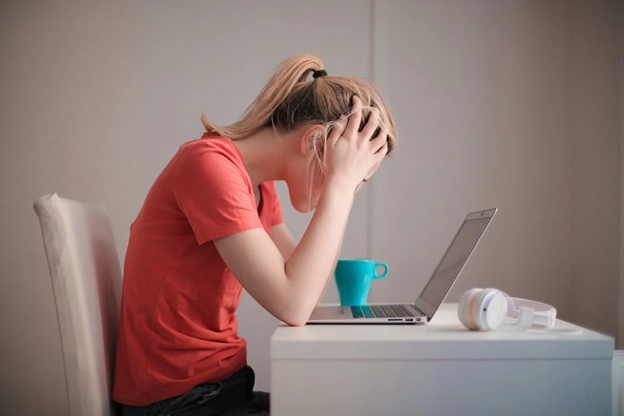
Anxiety disorders affect people in different ways. However, anxiety attacks can leave you feeling tense, fearful, and fatigued, maybe wondering if it’s possible to reduce instances of these activity-inhibiting events. The short answer: yes, it is possible. But not all things work for all people, so talk to your therapist about what might be right for you, and don’t be afraid to change things up if your initial actions don’t help. Read on for some insights from By My Side.
Understand Your Patterns
The vast majority of us that experience anxiety attacks have a pattern. It’s important to spot these and move past the programming that triggers you in the first place. If you haven’t spotted these on your own, consider psychotherapy as a way to reach the inner parts of yourself that need to be healed.
Optimize Your Home (and Home Office) for Positivity
Our homes are supposed to be our safe spaces, but they don’t always feel that way, which can make anxiety that much worse. If your family is constantly bickering, complaining, or can’t seem to be made happy no matter what you do, look for ways to make your home a positive place.
Clean, get rid of clutter, and open the windows. You can also add plants and calming artwork to create an emotionally healthy space. Similarly, if you work from home, make sure your office is a no-stress zone. Two quick tips here: use better technology and maintain organization if you have paper documents you have to store.
Go Outside
Even if you get anxious when in public, try to spend as much time outdoors as possible. New York-based White Plains Hospital notes that being outside improves brain function and, importantly, lowers your levels of cortisol, which is linked directly to feelings of depression and anxiety.
Remove the Source
If you know that something in your life is consistently triggering your anxiety, get rid of it. This might mean cutting ties with a frenemy, talking to your partner about going to therapy together, or quitting a job in a toxic workplace. Making these changes is easier said than done, so use any kind of positive support you can find. For instance, use online resources to learn how to create a resume when looking for a new job.
Get Enough Sleep
There is an alarmingly reciprocal relationship between sleep deprivation and anxiety. Sleep Better Georgia explains that this connection is so strong that sleep-deprived people are around 30% more anxious than those who got adequate amounts of rest. Look for ways to quiet your mind at night. This might be to take a hot bath and read a book or to get intimate with your partner in the moments before sleep.
Stop Putting Off Your Goals
Many people feel anxiety when they don’t feel they have achieved the goals they’ve set for themselves. Instead of feeling anxious, make small steps to pursue those goals. If you want a partner in life, start dating. If you want to buy a house, set a budget and start putting money away every month for a down payment.
If you want a different career, then check out online degree programs that work in your schedule. This is a good option to consider if you’re interested in a career in technology or computer science. No matter your goal, start small and see where each step takes you.
Maintain a Schedule
Having a predictable routine is one way to effectively manage stress and anxiety. Plus, when you maintain a regular schedule, you can plug in time to go grocery shopping, spend time with your kids, and even get to sleep earlier. Even if you don’t have every moment of your day planned, at least know what you want to get out of each day. Maintaining a schedule isn’t for everyone, but if you’d like to try, begin by planning one thing, and build your new schedule from there.
Find Your Focus
If you’ve ever tried meditation, you know that an object of focus is something that helps you keep your thoughts where they belong in the moment. You can use the same method to keep you centered and grounded when you feel an anxiety attack coming on. Your focus object can be anything that means something to you.
Increase Your Mindfulness
You can’t prevent every panic attack. But you can give yourself the tools you need to reduce their frequency and keep yourself mindful in the moment. From ensuring that your home and home office are positive and conducive to a stress-free life to maintaining a schedule and learning to focus on something instead of stress, you can take control of some parts of your life, which will have a positive, trickle-down effect.
Sometimes you just need someone to listen. If your anxiety is getting the best of you, set up an online therapy appointment with By My Side. Visit us online to get connected with a listener.
Image via Pexels
Author: Amanda Henderson